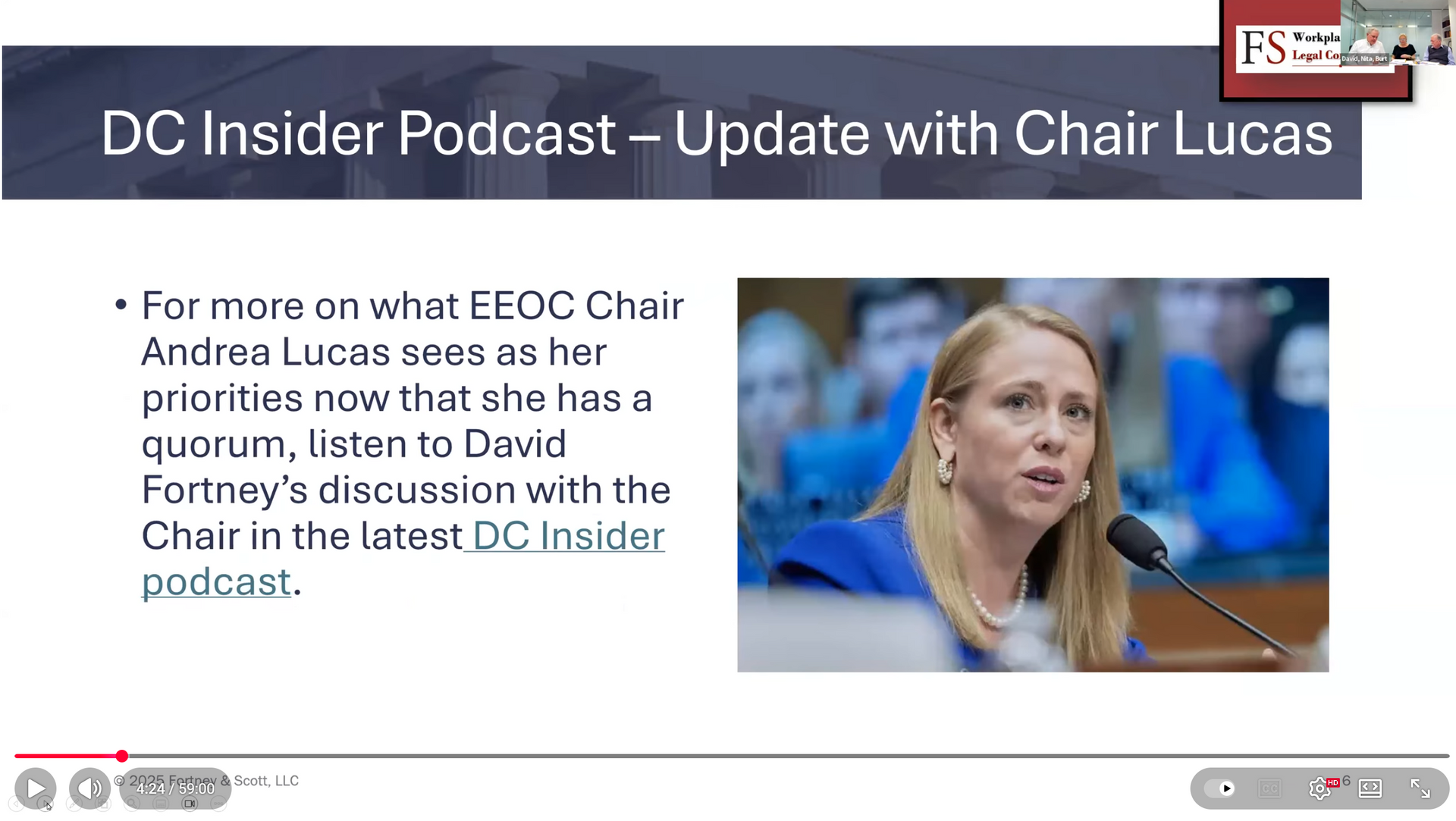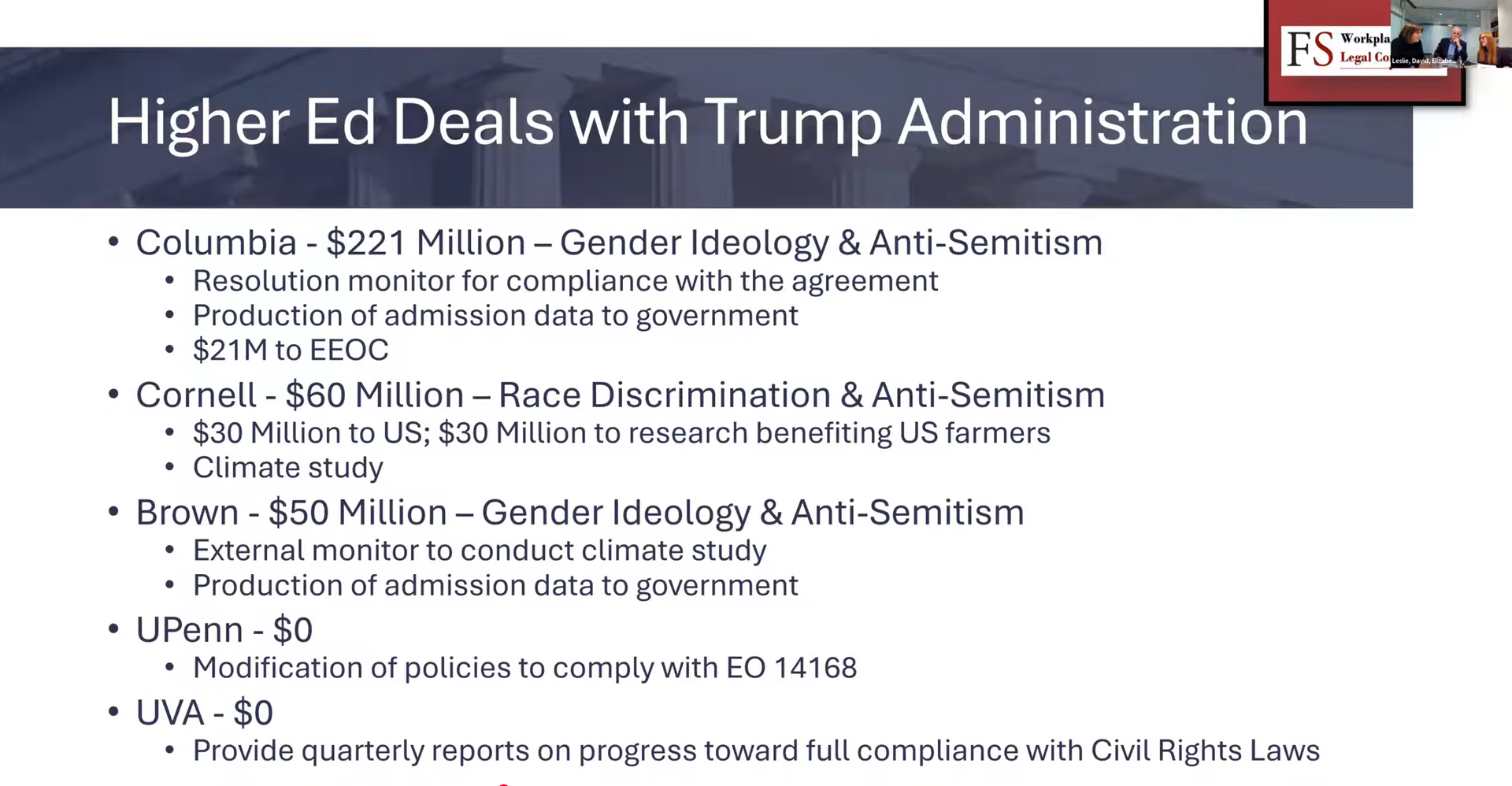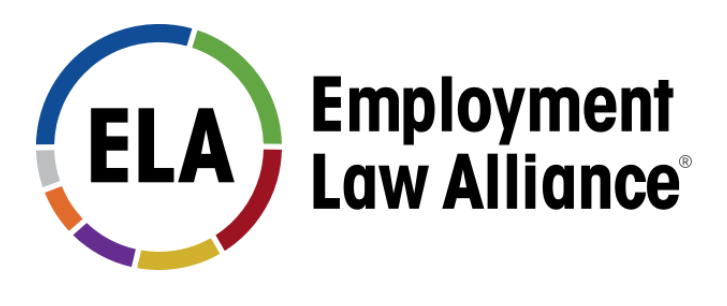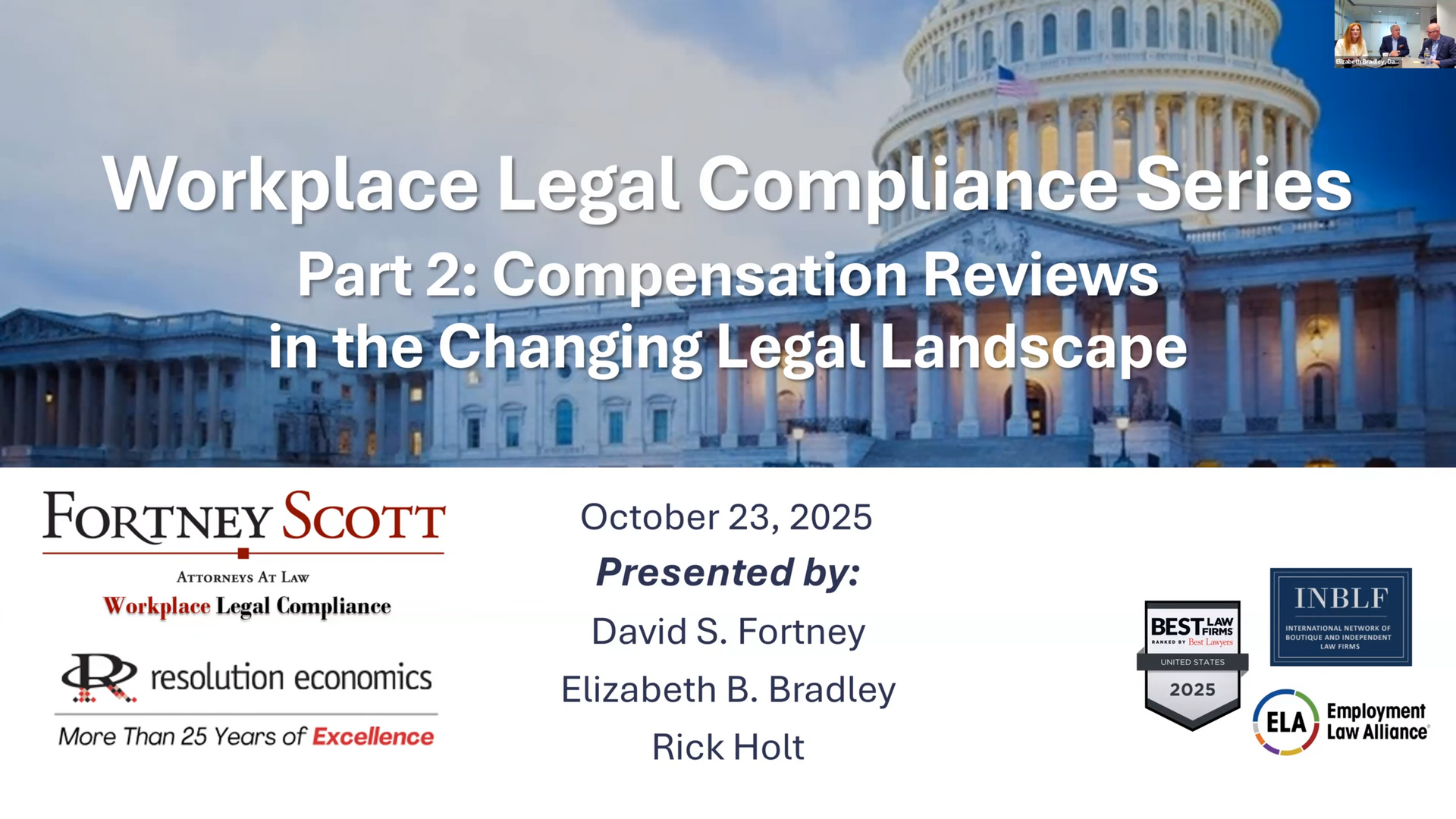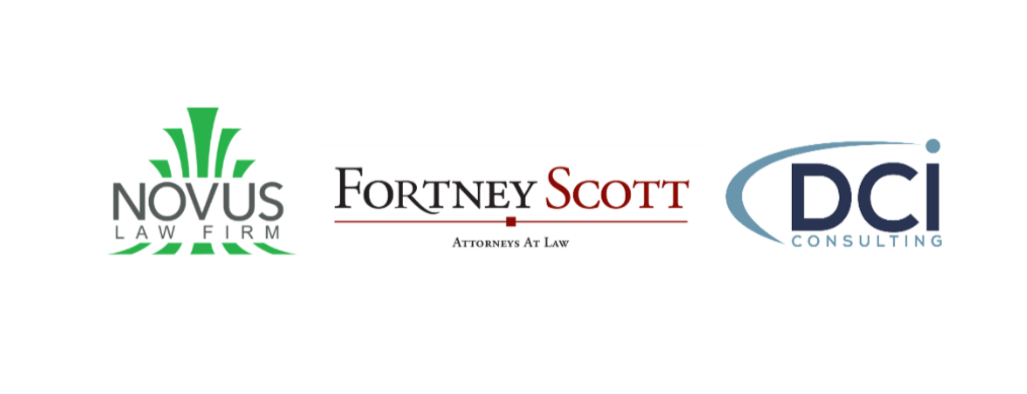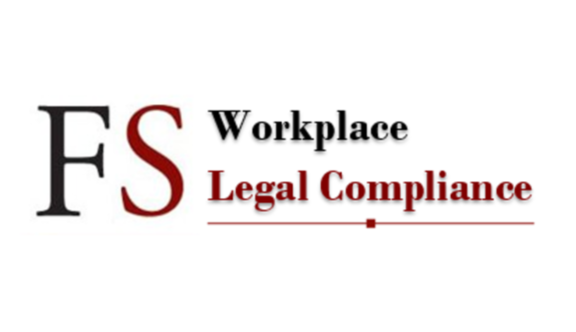Court Blocks FTC Noncompete Ban
The pending regulations issued by the Federal Trade Commission (“FTC” or the “Commission”) that largely banned the use of noncompete restrictions have been enjoined on a nationwide basis, and the regulations will not go into effect on September 4th as scheduled.
On August 20, 2024, U.S. District Court Judge Ada Brown of the Northern District of Texas in Ryan, LLC v. Federal Trade Commission blocked the Federal Trade Commission’s near complete ban of noncompete agreements. The FTC issued the final rule banning most noncompetes on April 23, 2024. The FTC is expected to appeal the decision to the Fifth Circuit Court of Appeals.
What’s Next for Employers
With the blocking of the FTC rule, employers can enforce noncompetes in effect and can require employees to enter into noncompete agreements as long as those noncompetes are permissible under relevant state law. Employers who had planned to send notices to current and former employees covered by noncompetes as required by the FTC rule no longer need to do so.
The final disposition of the FTC’s noncompete ban is uncertain, though it is likely never to go into effect. The FTC has indicated willingness to appeal the ruling but any appeal would go to the more conservative U.S. Court of Appeals for the Fifth Circuit and then possibly to the U.S. Supreme Court, which has taken a narrower view of agency rulemaking authority in recent years. At present the noncompete landscape will continue to be governed by the patchwork of state laws.
Additional Information about the FTC Noncompete Ban
Under the final rule most existing noncompete agreements would be invalid as of the September 4th effective date of the regulations and nearly all new noncompete agreements would be prohibited. The Commission cited its authority under Section 5 of the Federal Trade Act to prevent anti-competitive behavior as the legal basis for the regulation. There were some legal carve outs to the ban, for example noncompetes were permissible pursuant to the sale of a business and existing noncompete agreements for narrowly defined “senior executives” remained enforceable. One of the more burdensome aspects of the final rule for employers was the requirement that they provide notices to current and former workers informing them that their noncompetes were no longer legally enforceable after the effective date of the regulations.
Businesses Sue to Block Ban
There was significant opposition from the business community to the noncompete ban and three lawsuits, including this one before Judge Brown, were filed by groups across the country seeking to block the regulations before they went into effect. On August 15th, Judge Timothy Corrigan of the U.S. District Court for the Middle District of Florida entered a preliminary injunction of the regulations in the matter Properties of the Villages, Inc. v. Federal Trade Commission, though the injunction only applied to the plaintiff in the matter. Conversely, U.S. District Court Judge Kelley B. Hodge of the U.S. District Court for the Eastern District of Pennsylvania declined to issue an injunction of the final rule in July, finding that the litigant in ATS Tree Servs. LLC v. FTC “failed to establish a reasonable likelihood that it will succeed on the merits of its claims that the FTC lacks substantive rulemaking authority under its enabling statute, that the FTC exceeded its authority, and that Congress unconstitutionally delegated legislative power to the FTC.”
Judge Brown Blocks FTC Rule
The legal challenge to the noncompete rule before Judge Brown was brought by the U.S. Chamber of Commerce, the tax firm Ryan LLC and others. The complaint alleged that the FTC’s regulation was in excess of the FTC’s statutory authority, an unconstitutional delegation of authority to the FTC, and arbitrary and capricious, among other claims. Judge Brown preliminarily blocked the effective date of her ruling while the parties filed briefs but indicated she would rule prior to the September 4th effective date.
In the opinion issued on August 20th, Judge Brown struck down the noncompete ban on two grounds. First, she found that the FTC lacked the statutory authority under the FTC Act to issue a substantive regulation preventing anti-competitive behavior under the provision cited as the basis for the rule. Second, she found the final rule was arbitrary and capricious under the Administrative Procedures Act (“APA”) because “it is unreasonably overbroad without a reasonable explanation . . . . [and] imposes a one-size-fits-all approach with no end date, which fails to establish a rational connection between the facts found and the choice made.” Judge Brown also determined that the final rule should be set aside as arbitrary and capricious under the APA because the Commission had failed to consider reasonable alternatives to a near complete ban.
FortneyScott will continue to monitor the litigation and provide updates as appropriate. Clients with questions can reach out to their FortneyScott attorney or email info@fortneyscott.com.


